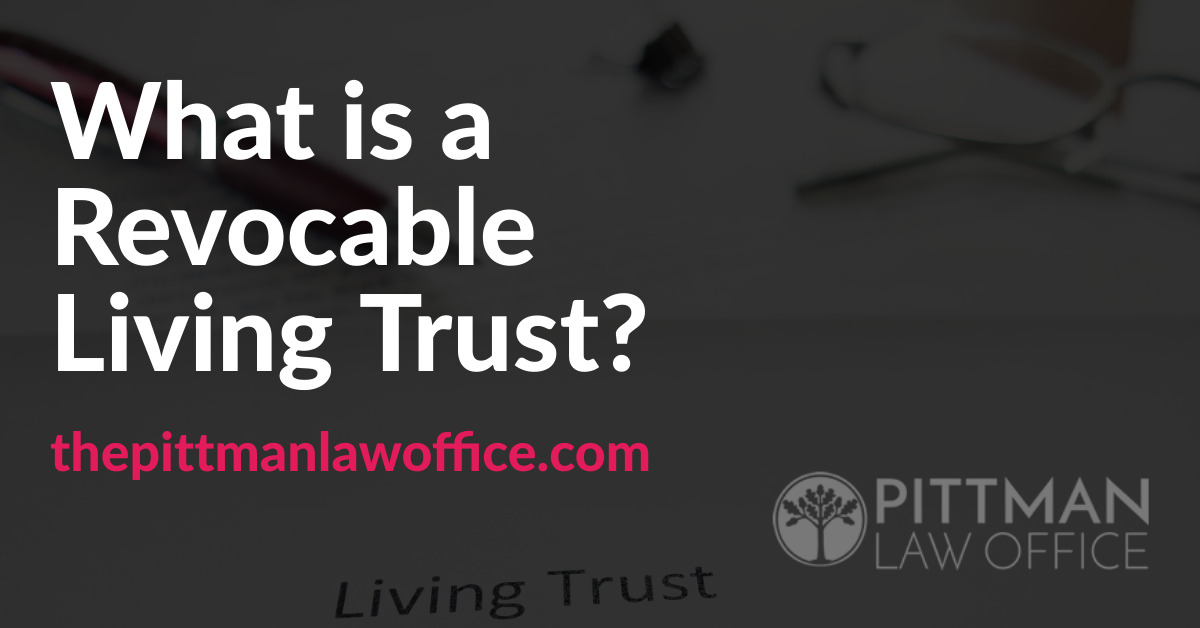When it comes to estate planning, one of the most significant considerations is privacy. Trusts…
A revocable living trust can be established by an individual to help ensure their assets are distributed how they see fit. A Successor Trustee is named to the trust. This can be a family member, friend, attorney, etc. Once the revocable living trust is established, all assets including bank accounts, investments, real estate, annuities, etc. are placed into the trust. Assets that are part of the revocable living trust do not have to go to probate court upon a person’s death.
Once the decedent passes, the Successor Trustee is responsible for filing the original will with the probate court and record the death certificate. The Successor Trustee has similar duties as a probate court Personal Representative:
- Identify trust assets and debts
- Handle outstanding debts
- Liquidate assets
- Distribute assets in accordance with the trust
There are many advantages of setting up a revocable living trust including:
- It keeps your assets from going to probate court.
- Privacy – when an estate goes to probate, probate court documents become public record. A revocable living trust helps keep information about your assets private.
- Since it is a living trust, you can make amendments to it while you are still alive.
- Solidifies your wishes, thus eliminates challenges by family members.
Distribution of assets after a death can be confusing, time consuming and stressful. Pittman Law can set up your revocable living trust and work with your Successor Trustee to help guide them through the process of handling your assets. Give us a call to learn more today!




